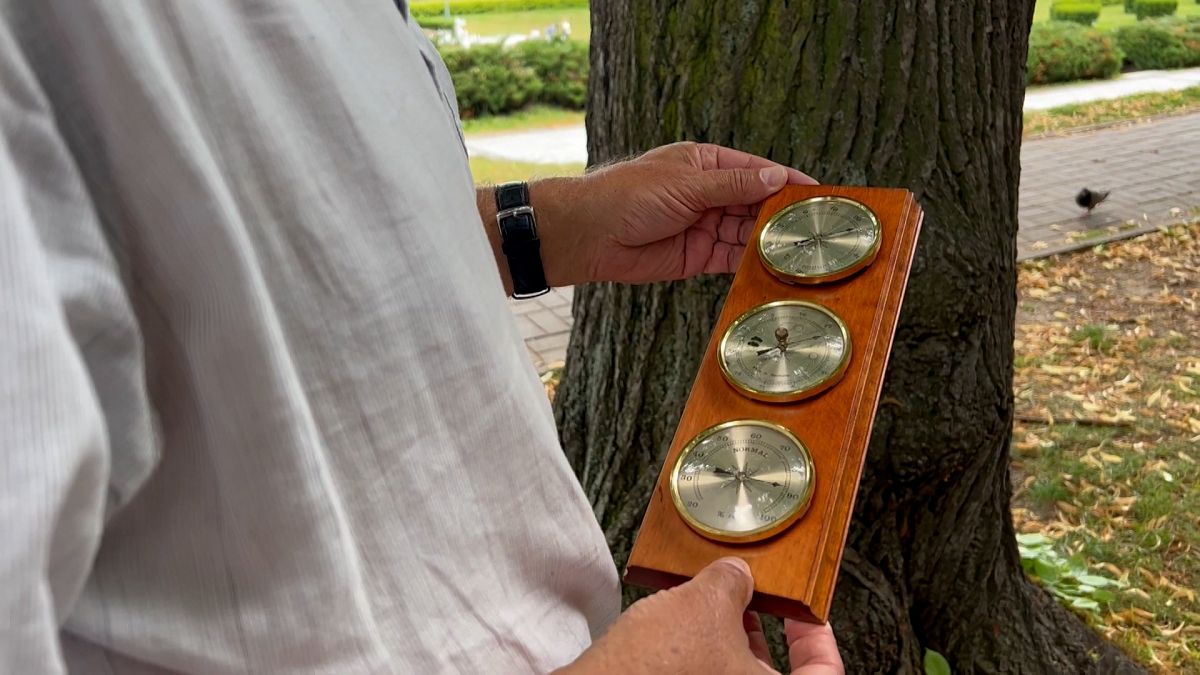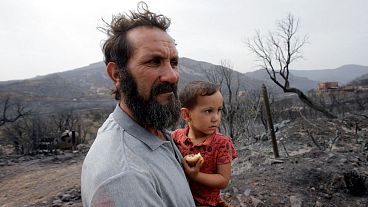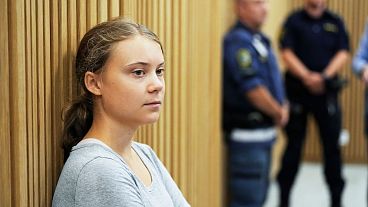The Polish city of Rzeszów is creating more green spaces after a recent heatwave pushed temperatures up to 35C.
Rzeszów - which sits close to the Ukrainian border - is one of Poland's greenest cities. That is because of a recent push to create more green spaces within the city's limits.
Trees work as natural air conditioners for cities, as they create a microclimate that brings temperatures down. In a tree's shade, temperatures can be up to 20 degrees lower than in direct sunlight.
How did Rzeszów become one of Poland's greenest cities?
Rzeszów's residents and its city hall worked together to improve tree cover in the city. According to the city council's spokesperson, Artur Gernand, the local government asked residents where they wanted the trees planted.
"This is important because the inhabitants know best where they need shade, where they need this green colour," says Gernand. "It is simply worth investing in greenery to make life friendlier so that the inhabitants feel comfortable and satisfied."
He adds that this year alone, the city planted around 1,000 trees.
Why are trees so important in cities?
A recent EU study found that increasing tree coverage to 30 per cent in European cities could reduce deaths linked to the 'urban heat island' effect, where heat is trapped between tall buildings and soaked up by asphalt and concrete.
In the cities involved in the study, it found that tree coverage could lower temperatures by an average 0.4°C, with a maximum effect of 5.9°C in some areas.
As Europe suffers through a summer of sweltering heatwaves, trees are more important than ever for mitigating deadly outcomes.
Another recent study by a joint Spanish and American research team found that people living near green spaces are on average 2.5 years biologically younger than those who do not.
Watch Euronews' report by Magdalena Chodownik in the video player above to learn more.



